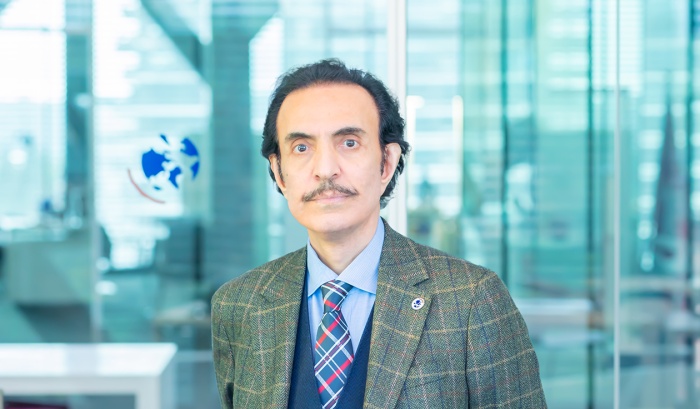Neurophilosophy of Global Security
Advances in neuroscience offer new insights into human behaviour - insights that are increasingly vital to global security.
Brain imaging tools such as functional MRI scans have revealed key facts about human behaviour, emotions, morality, and social cooperation, and the neuroanatomy of trauma, decision-making, and power, among others.
Our Neurophilosophy of Global Security Cluster aims to integrate the interplay of neuroscience, philosophy, and international relations into the larger debate on inter-state relations, global security, policy analysis, and global order. While human nature has been central to political theory, the understanding of what drives humans and states has been more speculative than scientific before the advent of neuroscience.
Neurophilosophy pioneers this interdisciplinary connection and advances an understanding of human nature that is informed by neuroscience. This has important policy implications and helps us to nuance our understanding of contested and contentious notions such as morality and power. At the heart of this debate is the concept of human dignity, which is central to good governance, societal cohesion, and international peace and security. It is also a profound human need that is more inclusive and consequential than just the need for political freedom. This understanding helps explain political transitions, instability, and peace and war in general.
Our annual online course on The Neurophilosophy of Global Security provides a pioneering perspective on global security by linking neuroscience with traditional political theory. By examining the biological and psychological foundations of human behaviour, the course offers deeper insights into morality, power dynamics, and conflict. This innovative approach enriches participants' understanding of the complexities of international relations and equips them with the tools to develop forward-thinking, evidence-based policy solutions for global security challenges.

